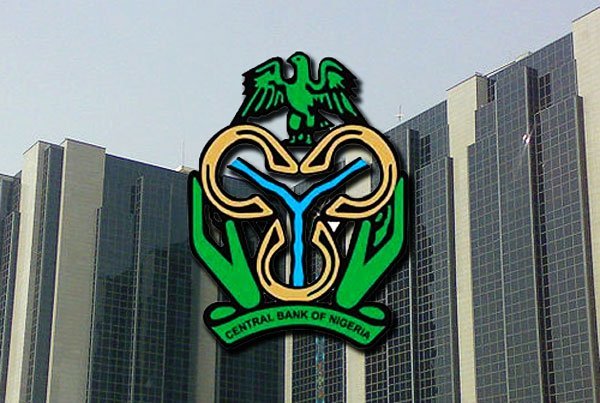Lead audit firm, the PricewaterhouseCoopers (PwC) Nigeria has given fresh insight that full economic recovery from recession in the country can begin to reflect in 2019, if sustained real sector investment is driven.
Analysts at the multinational consulting firm, said empirical evidence suggests that it takes one year for real Gross Domestic Product (GDP) to recover to the pre-recession level.
A report the company presented weekend showed that the economic growth was dependent on policies and reforms of the government.
Lead Partner and Chief Economist at PwC, Andrew Nevin, stressed that contrary to the quest of Nigerians on instant feeling of the impacts of recession exit, the economy would expand gradually for the next five years or more.
According to the report, “We expect real GDP to attain full recovery by 2019, with growth moving closer to its long-term trend of 6.7 per cent”.
It would be recalled that the National Bureau of Statistics’ (NBS) second quarter GDP report indicated that the country had come out of recession, recording 0.55 per growth after experiencing negative growth for more than a year.
PwC noted that the recovery was however, supported by a strong rebound in the oil sector which contributed 8.8 per cent to the GDP, arguing that “In the non-oil sector, the economy was boosted by the strengthening of the manufacturing sector, reflecting the impact of improved foreign exchange liquidity”.
“After the economy bottoms, it could take about a year for real GDP to recover to pre-recession levels. Subsequently, the economy expands for a period, which could often exceed five years, depending on the structure of the economy and the reforms implemented,” PwC Nigeria, said.
PwC’s argument was linked to the long period it took the 1991 economic contraction in Nigeria to recover saying whereas it took Nigeria just one year to recover, positive growth emerged within another 24 years.
The report further disclosed that after recovering from the 1991 contraction, the subsequent years of boom was influenced by joint combinations of increased oil revenue, a maturing political system, as well as accelerated reforms, which opened up the economy for sustainable growth.
PwC Nigeria averred that “Empirical evidence suggests the economy is set for another long period of growth. Our 2017 GDP forecast remains unchanged at 0.7 per cent year on year”.
“We think this is plausible, given our expectation of a strong harvest season and sustained forex liquidity, which should support a broad-based economic recovery. Risks to our forecast include a decline in oil price and production, and policy disruptions, which could hamper investment flows to the economy,” the report noted.









